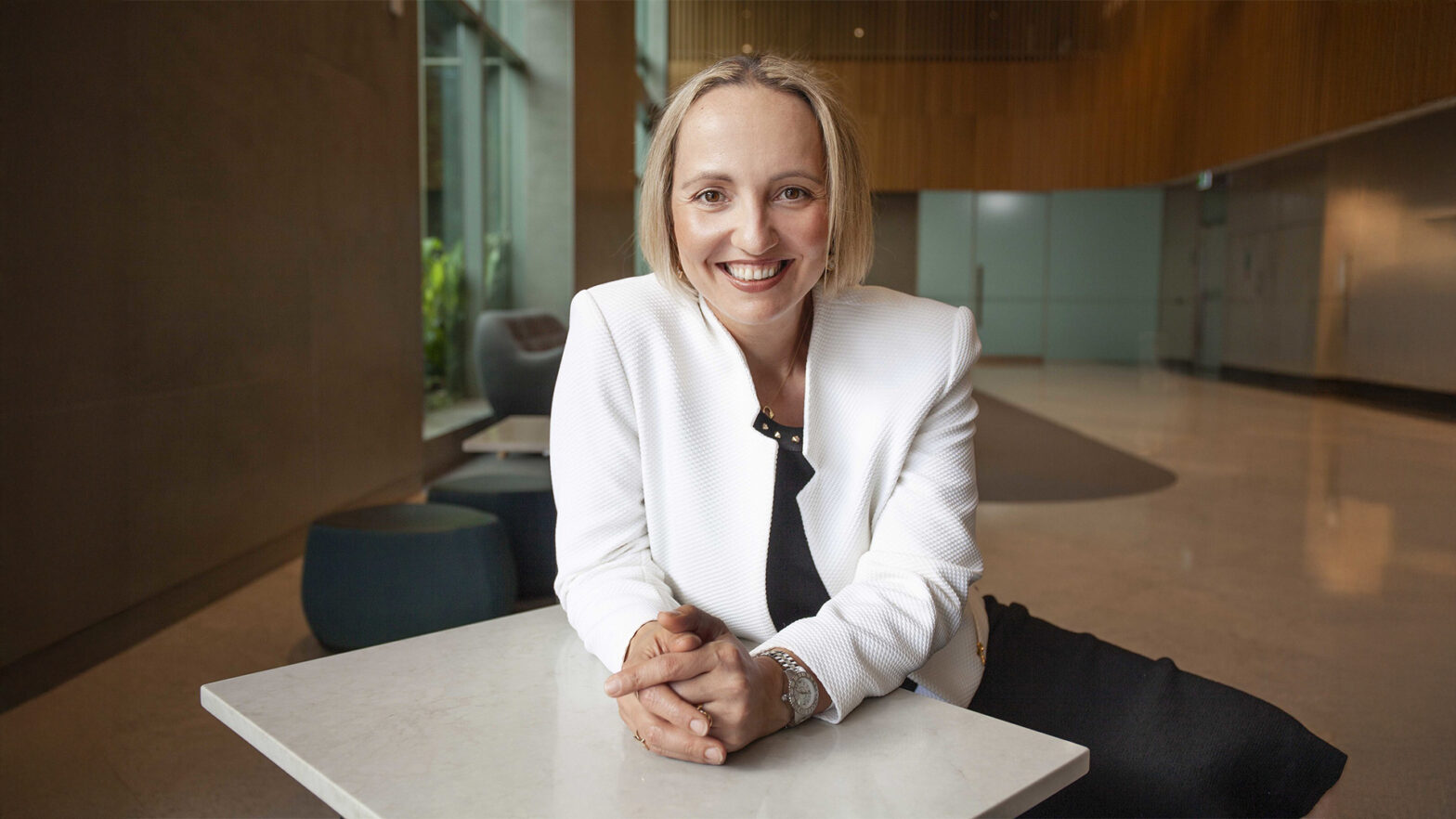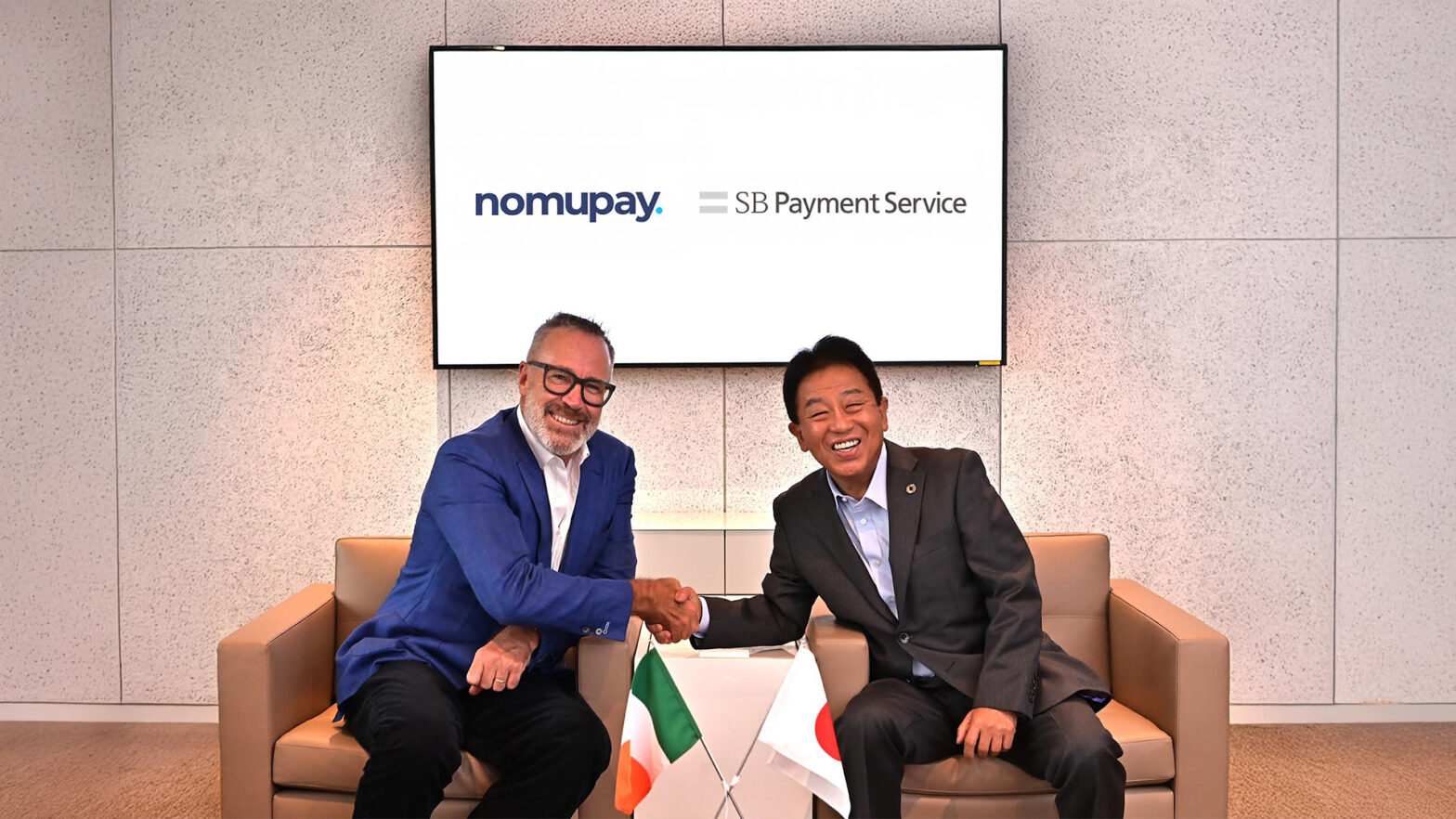
Google will invest $2 billion in Malaysia to house the firm’s first data centre in the country, the government said Thursday, making it the latest tech titan to pump cash into the region in search of growth opportunities.
The government said the cash would support 26,500 jobs across various sectors in Malaysia, including healthcare, education, and finance, and comes days after Prime Minister Anwar Ibrahim targeted at least $107 billion in investments for the semiconductor industry.
Anwar said in April that he planned to build Southeast Asia’s largest integrated circuit design park, while offering incentives including tax breaks and subsidies to attract global tech companies and investors.
Ruth Porat, president and chief investment officer of Google and its parent firm Alphabet, said: “Google’s first data centre and Google Cloud region is our largest planned investment so far in Malaysia — a place Google has been proud to call home for 13 years.
“This investment builds on our partnership with the Malaysian government to advance its ‘Cloud First Policy’, including best-in-class cybersecurity standards.”
Investment, Trade, and Industry Minister Tengku Zafrul Abdul Aziz said the cash “will significantly advance” Malaysia’s digital ambitions outlined in a 2030 masterplan.
He added that the data centre and cloud region “will empower our manufacturing and service-based industries to leverage artificial intelligence (AI) and other advanced technologies to move up the global value chain”.
Earlier this month Microsoft said it would spend $2.2 billion on AI and cloud computing in Malaysia, with boss Satya Nadella pledging to invest billions in Thailand and Indonesia during a tour of the region.
And Amazon said it would spend US$9 billion in Singapore over the next four years to expand its cloud computing capabilities in the city.
The facility announced on Thursday will be located at a business park west of the capital Kuala Lumpur and will power Google’s popular digital services such as Search, Maps, and Workspace.
“When operational, Malaysia will join the 11 countries where Google has built and currently operates data centres to serve users around the world,” the statement said.
The Google Cloud region “will deliver high-performance and low-latency cloud infrastructure, analytics, and AI services to large enterprises, startups, and public sector organisations”, it added.
A key player in the semiconductor industry for decades, Malaysia accounts for an estimated 13 percent of global back-end manufacturing, according to German tech giant Bosch.
Research by global consulting firm Kearney showed AI was poised to contribute $1 trillion to Southeast Asia’s gross domestic product by 2030, with Malaysia predicted to see more than a tenth of that.
“Now that many of these American tech giants are diversifying their investment risks away from China, Malaysia with its traditional involvement in high-tech industry is in a good position to welcome the relocation of their operations,” said Oh Ei Sun, an analyst with the Pacific Research Center of Malaysia.




























